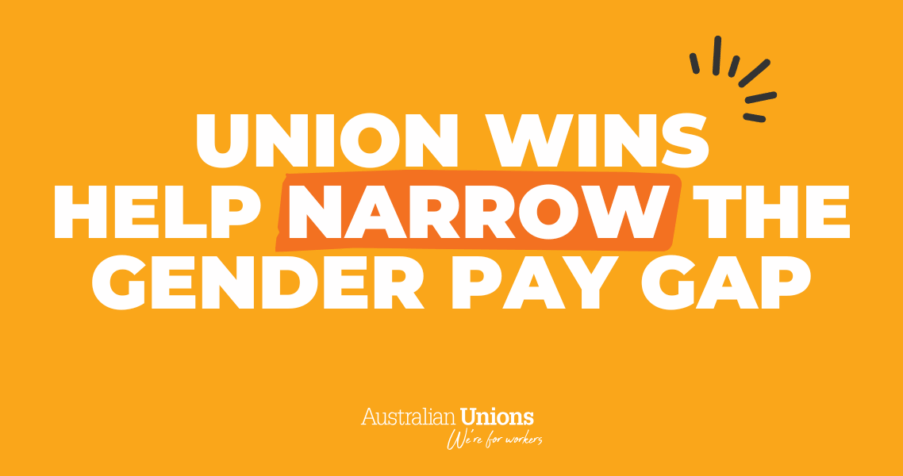As the COVID pandemic stretches on, information about public health directives, lockdowns and the world of work has never been more important.
It’s hard enough to keep track of all the changes as they happen when you speak English, so imagine how difficult it would be if you didn’t.
This week, interpreter Giuseppina Pungitore joined On the Job, to talk about the essential role interpreters perform.
“You’re always dealing with someone in a situation where they need to be understood, whether they’re having physiotherapy…or whether they’ve been subjected to family violence, and they’re in front of the courts trying to get an order against someone,” she explained.
“A good interpreter will always be able to interpret what the other professional is trying to say, whether that’s an oncologist or a high court judge, or a member of the Administrative Appeals Tribunal.
“But at the same time, [and interpreter must] also be able to interpret what the non-English speaker is trying to say. So we are taught, you know, how to really keep the tone to the work that we do, and also how to have that bit of empathy and to be able to say the things that the non-English speaker is saying, with that same emotion that they are trying to get their information across as well.”
Pungitore would like to see this vital role recognised, supported and utilised more widely, as it was during lockdowns in Melbourne.
“During the lockdown, when we had that really stressful period where the towers were in lockdown, we had a lot of interpreters on the ground, with those languages to go alongside the emergency workers.
“That’s the kind of thing that you need, we just need people in the Australian community in general, to be aware that we are a resource.
“They can have us alongside them to deal with this sort of situation.”
As well as advocating for greater recognition of interpreters, Pungitore shared with On the Job some of the challenges the industry faces from underpayment, casualisation, and the trauma experienced by the work they do.
“I know, of interpreters that have gone, for example, to Manus Island, or who deal with Foundation House where you’re dealing with people who have been victims of really serious trauma and abuse.
“There has to be something in place also to protect the wellbeing of these language experts that are doing the job.”
Listen to the full interview with Giuseppina Pungitore and make your working life better by subscribing to the podcast On the Job with Francis Leach & Sally Rugg.






SHARE:
Interpreters, COVID and the importance of being heard